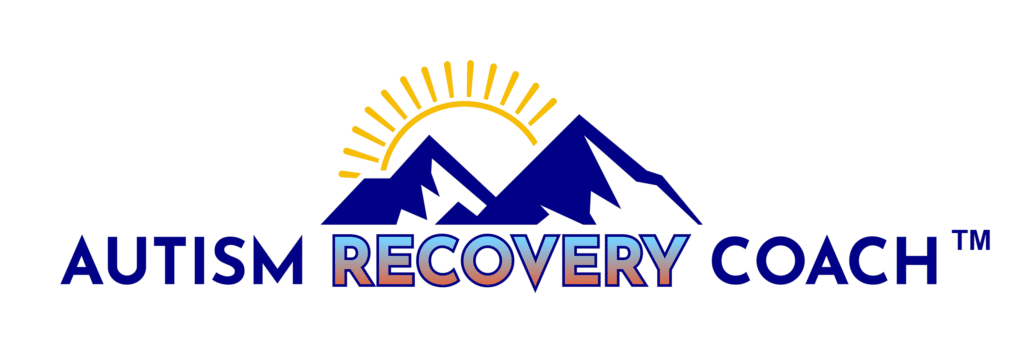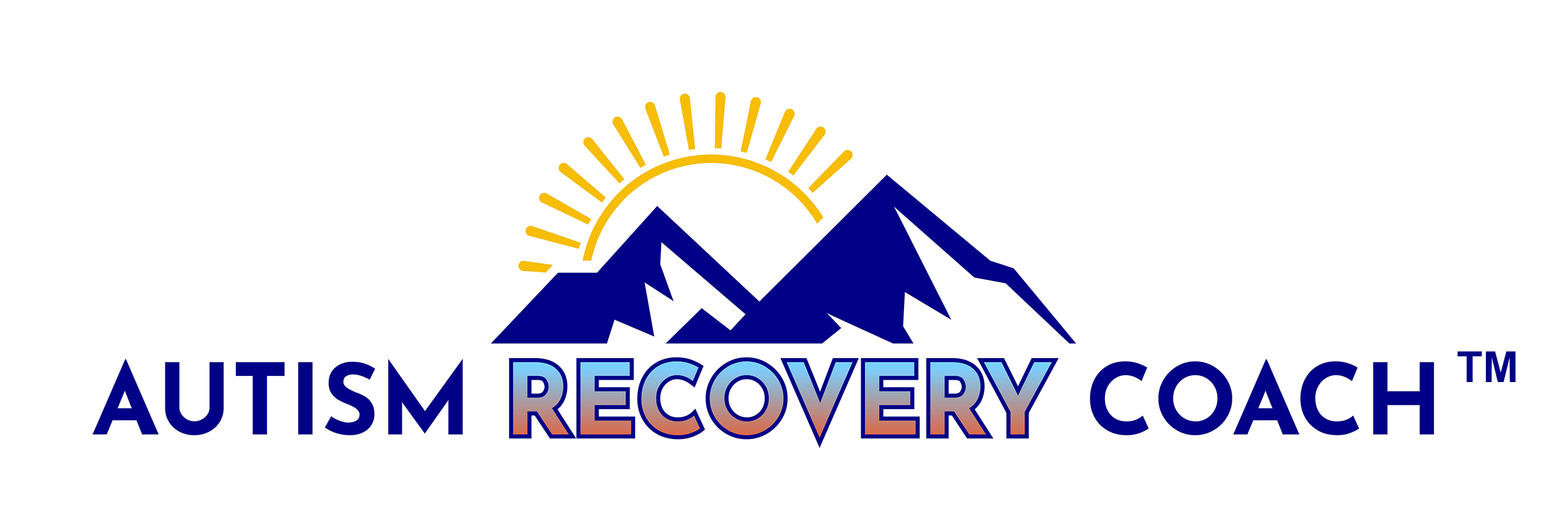Glutathione, often referred to as the body’s master antioxidant, plays a critical role in maintaining health and well-being. In autism treatment, glutathione has garnered attention for its potential therapeutic benefits.
Understanding its functions and significance in the context of autism spectrum disorder (ASD) is essential for exploring its role in biomedical treatments.
Detoxification Pathway:
Glutathione serves as a powerful detoxifier in the body, facilitating the removal of toxins, heavy metals, and harmful substances. It participates in the liver’s detoxification pathway, where it binds to toxins and aids in their elimination through urine or bile.
Individuals with autism often have impaired detoxification pathways, leading to a buildup of toxins in the body. Supplementation with glutathione can support and enhance detoxification processes, promoting the elimination of harmful substances and reducing the body’s toxic burden.
Oxidative Stress Reduction:
Another crucial role of glutathione is its ability to combat oxidative stress, which occurs when there is an imbalance between free radicals and antioxidants in the body. Oxidative stress can contribute to cellular damage, inflammation, and neurodegeneration, all of which are implicated in the pathogenesis of autism.
By neutralizing free radicals and protecting cells from oxidative damage, glutathione helps maintain cellular health and function. Supplementing with glutathione may help mitigate oxidative stress in individuals with autism, potentially alleviating symptoms and improving overall well-being.
Immune Regulation:
Glutathione also plays a key role in regulating the immune system, modulating immune responses, and promoting immune balance. Dysfunction in the immune system is commonly observed in individuals with autism, characterized by immune dysregulation and chronic inflammation.
Glutathione’s immunomodulatory properties can help regulate immune function, reduce inflammation, and support immune tolerance. By promoting a balanced immune response, glutathione may contribute to improved health outcomes and symptom management in individuals with autism.
Connection to Biomedical Treatments:
In the context of biomedical treatments for autism, addressing underlying biochemical imbalances is crucial. This may involve interventions like methyl B12 supplementation, gut health optimization, and dietary modifications. Glutathione, a key player, can be indirectly supported to enhance its natural production within cells. Lab testing and individual needs guide these decisions, as direct supplementation isn’t always the most effective approach. Ultimately, biomedical treatments aim to empower the body’s natural healing mechanisms, potentially supporting autism recovery and improving quality of life for individuals on the spectrum.

Get Reliable Biomedical Treatments Today
Glutathione emerges as a potent ally in the realm of autism treatment, offering a multifaceted approach to addressing key aspects of the condition. From detoxification and oxidative stress reduction to immune regulation, glutathione’s diverse functions make it a valuable therapeutic tool in the pursuit of autism recovery.
By unlocking the potential of glutathione, individuals with autism and their families can embark on a path towards improved health, vitality, and well-being. For personalized guidance and support in navigating biomedical treatments for autism, reach out out to Christopher Soppet at Autism Recovery Coach. He offers top-notch autism recovery sources for parents, supplements for autism, and autism coaching for adults and children.
Contact him today!



